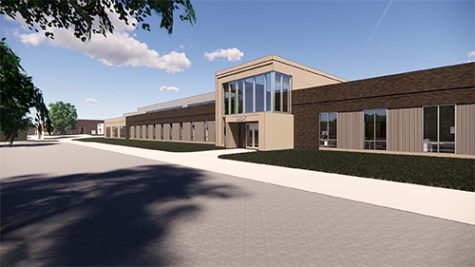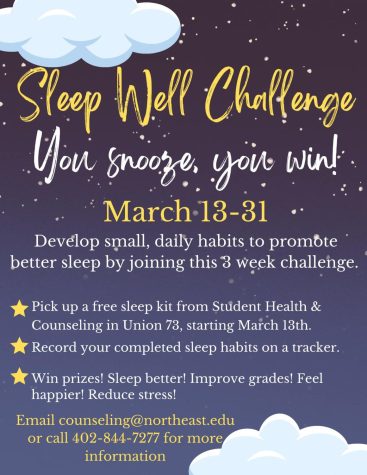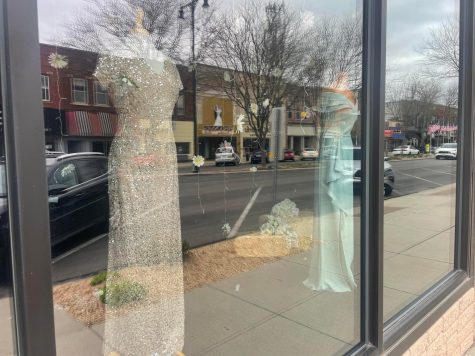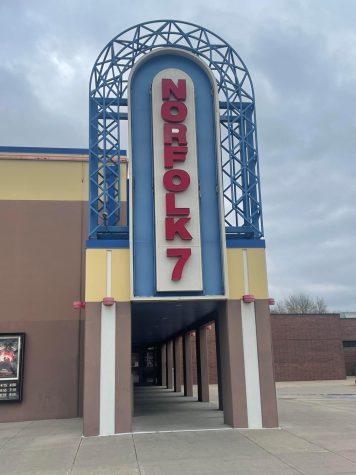Naked University of South Carolina students latest tipping point for neighborhood residents
September 8, 2016
COLUMBIA, S.C. — Within the first week of school at the University of South Carolina, a girl woke up naked on the bench of Suzanne Keenan’s front porch.
She was a very nice girl, who knew where she was and was coherent, said Keenan, who rushed to get her a robe. They had never met. Neither asked each other’s names.
Hopefully, neither will run into each other again, said Keenan, adding she was glad the young woman came to her doorstep instead of a different place where she could have gotten hurt. But she didn’t ask the woman where she had been or how she had ended on her porch.
“It’s not that I didn’t care,” Keenan said. “It’s none of my business. Maybe I did the wrong thing, but I don’t think I did.”
Just a few blocks away, officers from the USC and Columbia police departments responded to a different incident involving intoxicated teenagers earlier that night.
In that case, the woman’s “clothing was out of place,” according to the Columbia Police Department incident report. “A black pair of female underwear” was also found at the corner of Gibbes Court and Barnwell Street. Two women from that location were taken to the hospital that night.
Both incidents are part of a growing concern for the residents of Columbia’s neighborhoods who are worried fed up homeowners will just sell their homes and leave for the suburbs, exacerbating the problem of too many homes turning into rentals for rowdy students.
Instead of getting better, the problem seems to be getting worse, some residents say, perhaps because of USC’s swelling undergraduate population. And it’s spreading beyond the neighborhoods closest to campus.
Residents are worried about the students’ health and welfare. But they’re also worried about their own quality of life.
“I don’t think that the city is aware of the tipping point of our in-town neighborhoods,” said Kit Smith, a Wales Garden resident who has organized a coalition of neighborhoods that are working with city and USC officials to address the concerns.
“We need to really work hard and come up with a good strategy to protect the quality of life around the neighborhood,” Smith said. “The inner city neighborhoods have a very special bond about them.”
April Lucas, who lives in University Hill near Five Points, says she knows not all students are binge drinkers or problematic.
But when rental properties outnumber single-family property owners, it’s hard to tackle issues that flow from the party atmosphere that comes with too many of the students who’d rather live off campus.
Lucas has had a drunk, lost student pound on her door at 2:30 a.m. A neighboring home’s door was busted by another student who was also in the wrong place. Vandalism, noise and parking issues, and trash after parties too often also accompany students in rental properties.
“You can almost walk through the neighborhood and pick out which ones are rentals,” Lucas said. “Landlords don’t tend the yard. Cars parked on the lawn. There’s not a lot of good that comes from having too many wrong student tenants.”
But students perform better academically when they live close to campus, which is why it’s important for the neighborhoods surrounding the university to have a dynamic environment, said Wes Hickman, chief spokesman for USC.
“You can’t underestimate the importance of your surrounding environment on the lives of your students,” Hickman said. “It’s very important for us to have diverse and thriving areas around the university.”
Working with surrounding neighborhoods, the university revamped an off-campus incident report form in 2015 to allow reporting of any type of unruly behavior by students living in off-campus homes, said Anna Edwards, director of student services at USC. Residents no longer have to know the name of a student to file a complaint.
The university has received 75 reports since July 2015.
Reports from neighbors are evaluated, students and landlords are sometimes interviewed, and an incident can go before a board that governs student conduct.
To address the drinking, the school requires students to complete alcohol and sexual assault assessments, Edwards said. There are also university work groups and teams that are looking at high-risk drinking and drug use behaviors in hopes of addressing the issue.
“We believe that we can do a lot of education,” Edwards said. “We try to create a safe environment.”
USC also uses the university’s code of conduct to address problematic behaviors by students and has increased fines for on-campus alcohol offenses, which has reduced the number of re-offenders.
But Hickman stressed the importance of having neighbors call the police when they witness illegal activity or if a party next door gets out of hand, instead of waiting until the next business day to report the incident to the university.
In the case of the young woman found on Keenan’s porch, USC had little to go on to determine her identity, Hickman said.
Hickman said in the case involving the two women who were taken to the hospital, no criminal charges were alleged and officers found no evidence that warranted criminal charges. He said USC and Columbia police handled the incident together.
Aside from calling the cops and filing reports, residents like Kathryn Fenner would like to see the continued expansion of police patrols.
“USC police have extended their patrol area to include University Hill,” Fenner said. “When they started doing that, we noticed that things got a whole lot better in our neighborhood.”
Plus, she has learned that students fear the university’s disciplinary board, which if used aggressively, could help curb bad behavior by off-campus students. USC shouldn’t be so desperate to keep students that they’re willing to put up with appalling behavior, Fenner said.
Fenner said she also worries that if someday she wants to move, she’ll have to sell her home to a future landlord. It would take a special kind of person to live in her neighborhood, she said.
“You’re losing some of the in-town residents,” Fenner said. “There are people who have just had it.”
Smith suggested the university conduct a survey of how many students want to live in off-campus housing, so that USC can plan how to provide that without severely impacting the city’s neighborhoods.
And the neighborhoods would like to see more involvement from the city.
Columbia Mayor Steve Benjamin could not be reached for comment.
The city has revamped its landlord ordinance. But residents say there are so many more issues when students are involved.
“We’d like to see the city veer to neighborhood development and protection a little more than they have in the past,” Smith said. “I don’t want to scare people from coming into the neighborhoods.”















